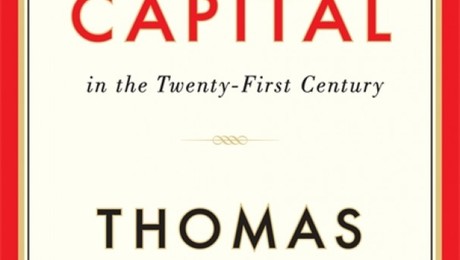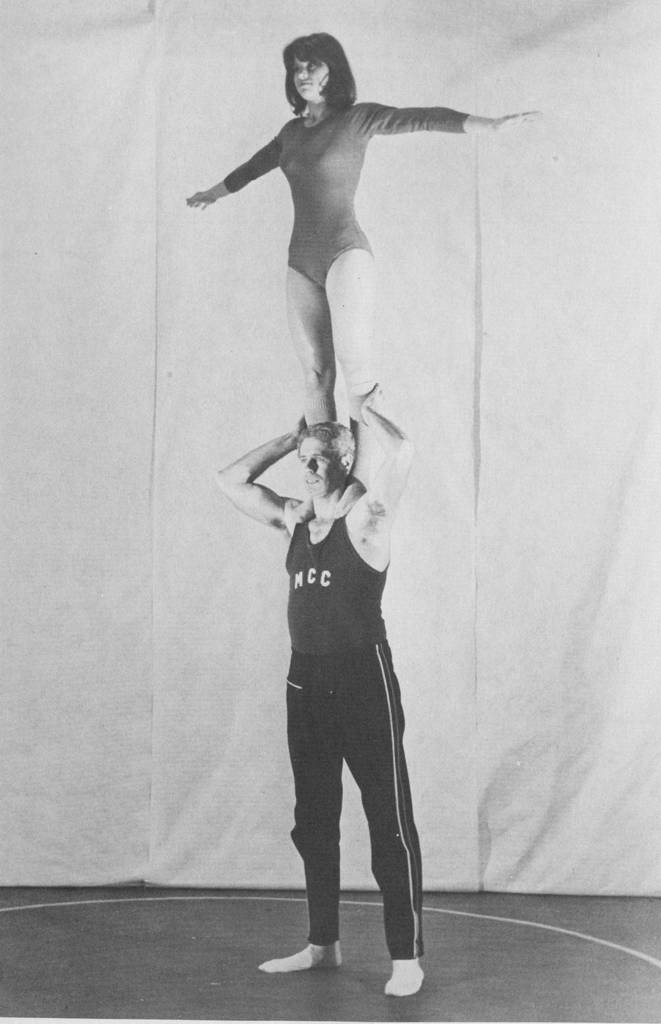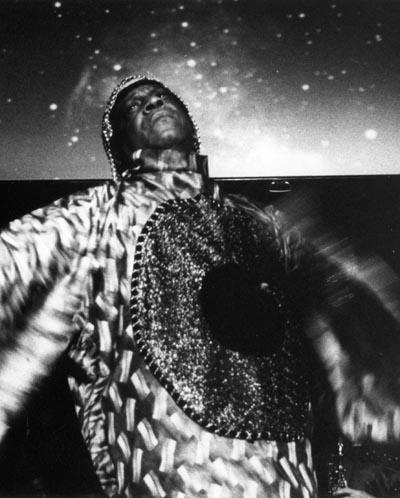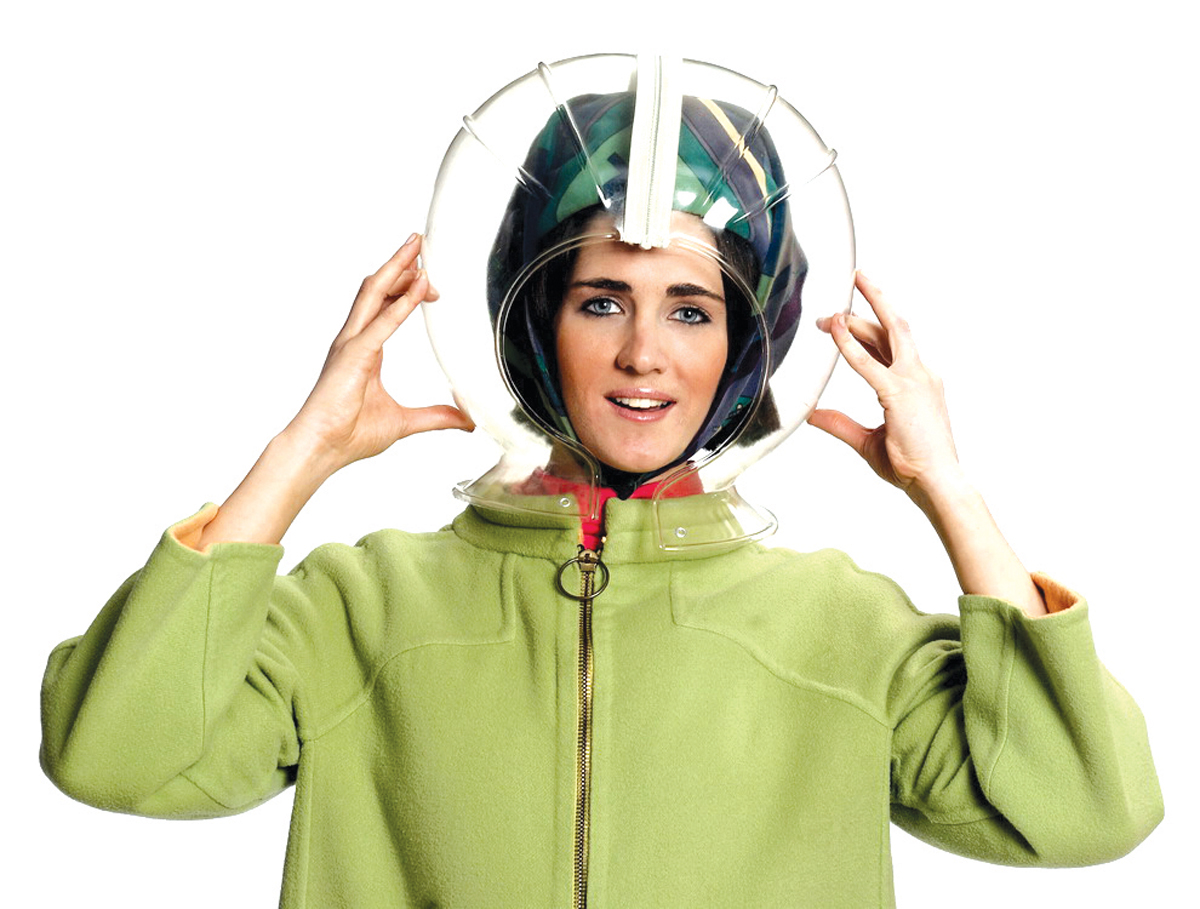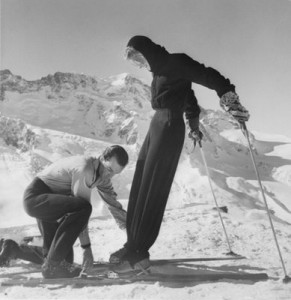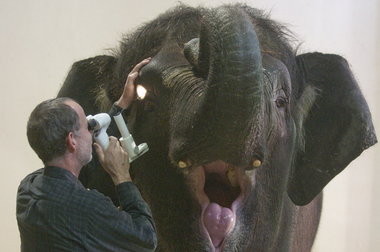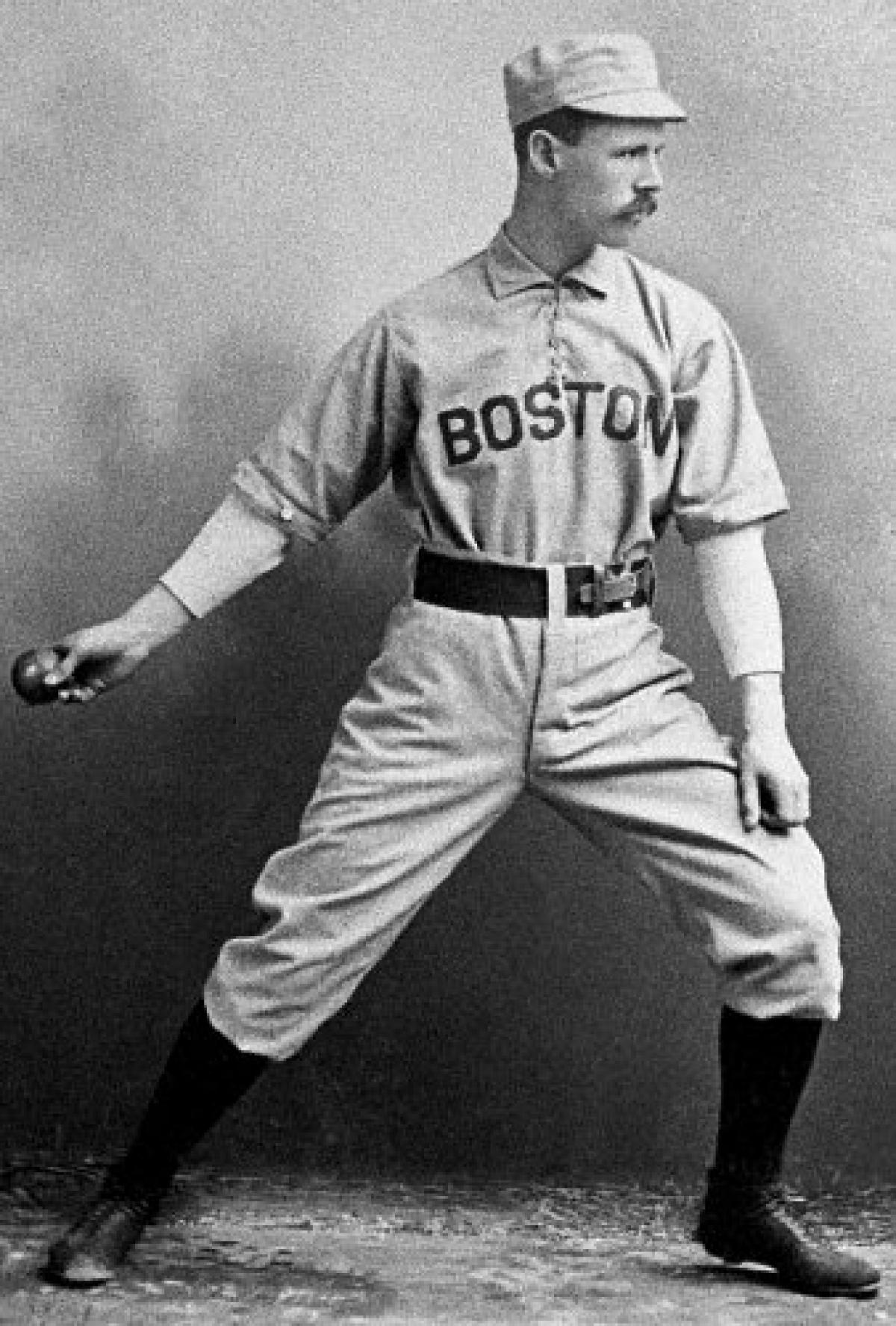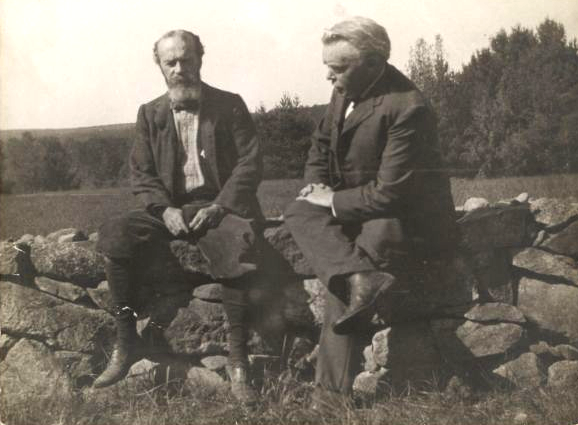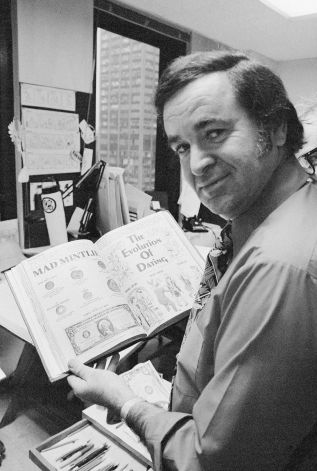
Speaking of the original Saturday Night Live, I’ve always been fascinated by the dark powers of the late, great Michael O’Donoghue, television’s Torquemada, who was the show’s first head writer. On the Playboy site, Paul Slansky recalls his 1983 article about Mr. Mike, published when the comic decided to deliver himself into the warm embrace of Hollywood, when the man consumed by mass murderers wished go mainstream, something which could never, ever have worked. An excerpt:
“O’Donoghue, as any serious comedy fan knows, was present at the creation of the two dominant comic institutions of the Seventies: the National Lampoon and Saturday Night Live. As a performer on the latter, he clawed his way into the national psyche with his ‘impressions’ of how Mike Douglas, Tony Orlando, Elvis Presley and the Mormon Tabernacle Choir might react if 18-inch-long steel needles were suddenly plunged into their eyes. As it happened, they all reacted pretty much the same way—by flailing violently about the stage, clutching at their eyes and emitting bloodcurdling shrieks of pain.
O’Donoghue quickly became known as the sicko of Seventies comedy, the only man who set out to disturb his audience on such a primal level—needles in eyes, for God’s sake!—and then dared them to laugh anyway. ‘People either got that joke or they didn’t,’ he has said. ‘There wasn’t anybody who said, ‘Well, I sort of liked it.”
Then came the creepy Mr. Mike and his ‘Least Loved Bedtime Stories.’ Describing the grisly demise of a soft, furry animal, lingering fondly over a particularly gruesome detail, Mr. Mike was obviously no stranger to madness. Again, the challenge to the audience: Is this too scary for you? How about a photo album called The Vietnamese Baby Book? Wanna hear a song called Cancer for Christmas?
‘People often attack me for my black humor,’ O’Donoghue told an interviewer a few years ago. ‘Now, if I were immortal, then it would be unethical for me to make fun of these pathetic human beings who have coronaries and pitch forward and piss blood on the rug. But, as it happens, I’m one of them, and it’s gonna happen to me also, so I feel I have a perfect right to rant about whatever I want.’
Now, after years of trying to get his emotional life into some semblance of order, O’Donoghue is ready to play the game. He wants to hear his rants echoing throughout the pop culture, to become widely known as the genius his friends and fans have long believed him to be. He also wants to make a lot of money. With his remaining hair cut severely short, his eyes inaccessible behind ice-blue reflecting glasses and his skeletal six-foot frame somehow conveying both extreme fragility and enormous strength, O’Donoghue will cut a striking figure in the Hollywood community.
He is already making his presence felt. Single Women, his mordant country song about the pickup-bar scene, was a big hit for Dolly Parton and is soon to be a made-for-TV movie. He is creating a Twilight Zone clone called Factory of Fear for cable television. And he is co-writing and directing a sequel to a movie most people thought was unsequelable, Easy Rider, in which he intends to bring Dennis Hopper and Peter Fonda back from the dead for one last bike ride through an America in ruins.”



